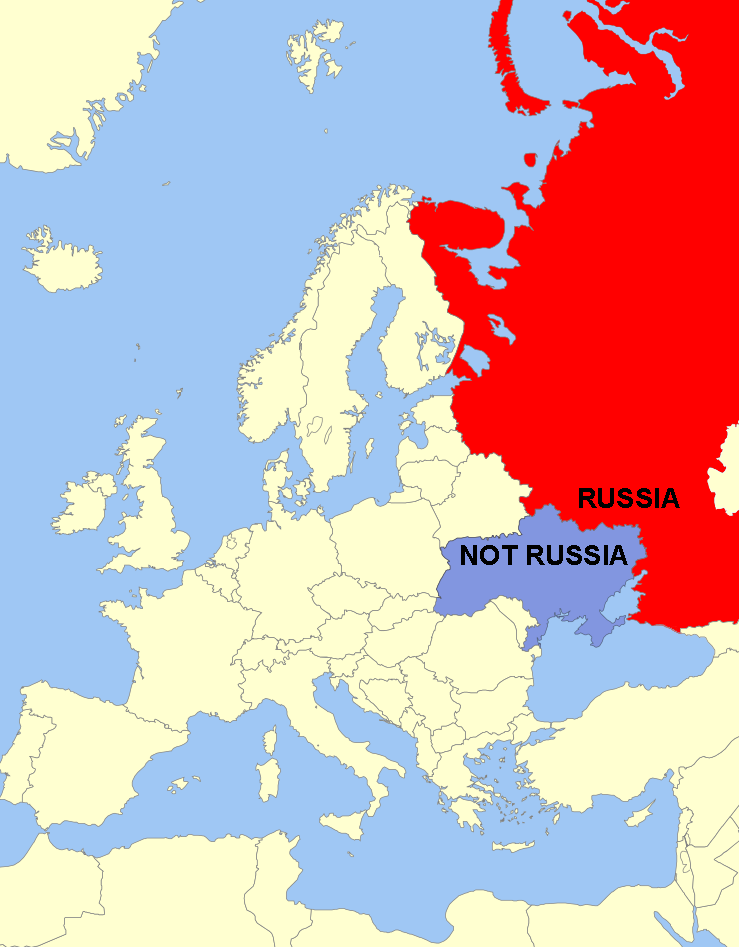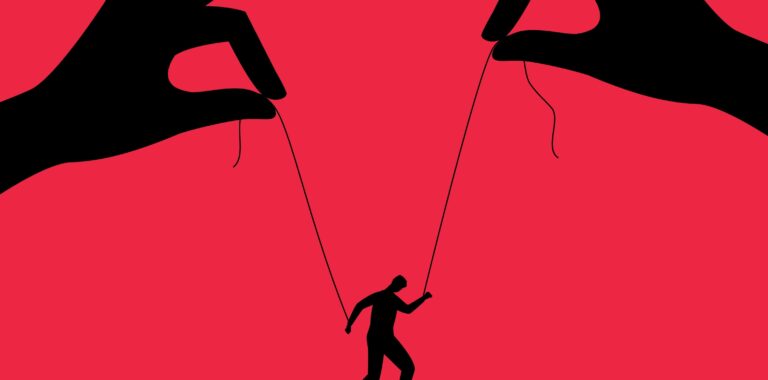This Hybrid CoE Working Paper considers instances of humour put to effective use to counter disinformation and propaganda in online spaces, using Russia’s war on Ukraine as a primary case study, and Twitter (now X) as the main medium under consideration. Humour-based responses to Russian actions in the information space and in the physical domain have been found to deliver multiple clear benefits for the defending side. While humour cannot replicate the effects of formal monitoring, debunking and user education, neither can these achieve the effects delivered by humour. As such, humour constitutes an important additional tool for bolstering the resilience of the information environment.

Hybrid CoE Working Paper 26: Humour in online information warfare: Case study on Russia’s war on Ukraine
by Keir Giles
Recent publications

Russia
 Hybrid CoE Paper 27
Hybrid CoE Paper 27Handbook on the role of non-state actors in Russian hybrid threats

Arctic region
 Hybrid CoE Paper 26
Hybrid CoE Paper 26Hybrid threats in high latitudes: Facing Russia on Svalbard

Disinformation
 Hybrid CoE Research Report 15
Hybrid CoE Research Report 15Countering disinformation in the Euro-Atlantic: Strengths and gaps

Deterrence
 Hybrid CoE Paper 25
Hybrid CoE Paper 25

